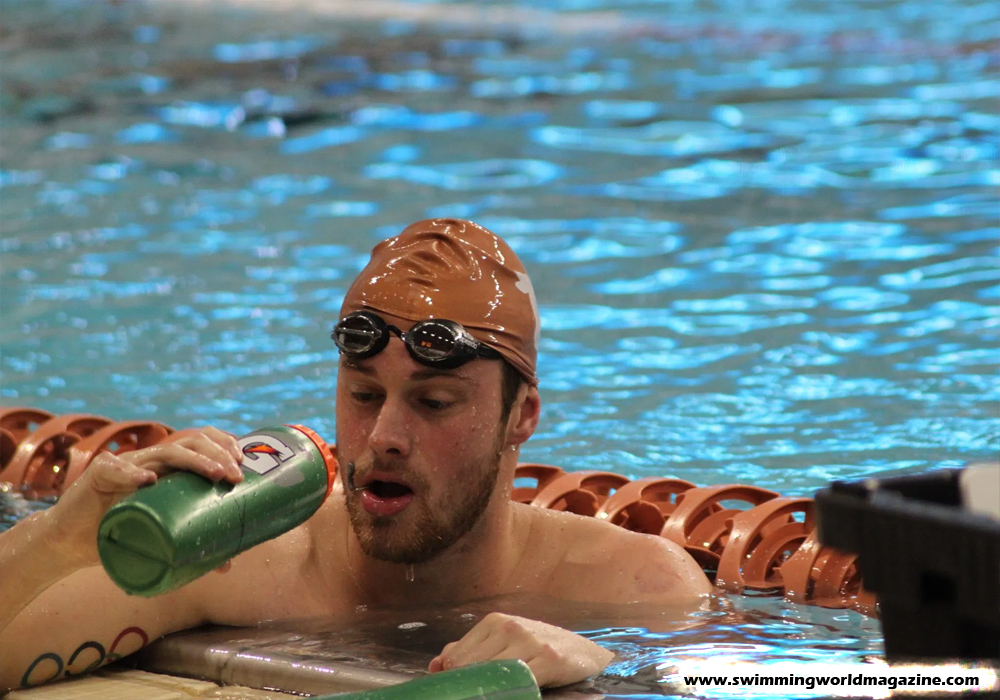
Swimming is one of the best ways to spend your summer vacation. There’s nothing like jumping into ice-cold water on a very hot day. But there are dangers that you need to be aware of before heading to the local swimming pool. One of the biggest (and quietest) threats is dehydration.
Dehydration
Dehydration is a disease that causes an extreme electrolyte imbalance in the body. This happens when you don’t take enough fluid to replace what is lost through sweating and urinating. While dehydration is a danger during sports physical activity, it becomes more during swimming. This is for two reasons, first when you exercise, you sweat. When you are in swimming water, you do not realize that you are still sweating and thus lose fluid. Second, because you are surrounded by water, your brain is tricked into thinking that you have all the fluids you need and does not signal that your mouth and throat are thirsty. This can be made worse if you swim in the sea. When you swim, you must swallow salt water which can make you dehydrated faster.
As always, prevention is your first line of defense. When you swim, pay attention to your fluid consumption. You should avoid alcohol as much as possible because it is a natural diuretic. Fruit juice is also not very helpful because it often contains a lot of sugar. Because your brain won’t tell you when you need to drink, make sure you schedule special breaks during swimming to drink. You must consume at least half a gallon of water every day to prevent problems. This must be improved if you spend more time in the water or if the weather is very hot. You can also add water to sports drinks because it is specially formulated to replace electrolytes lost during physical activity. These breaks should be scheduled every 15 to 20 minutes during swimming and should allow you to consume 8 ounces of water or sports drinks at each break.
The Treatment for dehydration
If you are already dehydrated, treatment for mild cases can be given at home. Instead of gulping down lots of liquids at once, sip slowly or use ice chips. Too much too soon will cause cramps and discomfort in your stomach. If your dehydration is severe, medical attention may be needed because they can provide intravenous fluids to rehydrate your body.
Be safe and plan ahead when you go to the beach or pool. An ounce of prevention goes a long way to ensure a pleasant and safe day.




